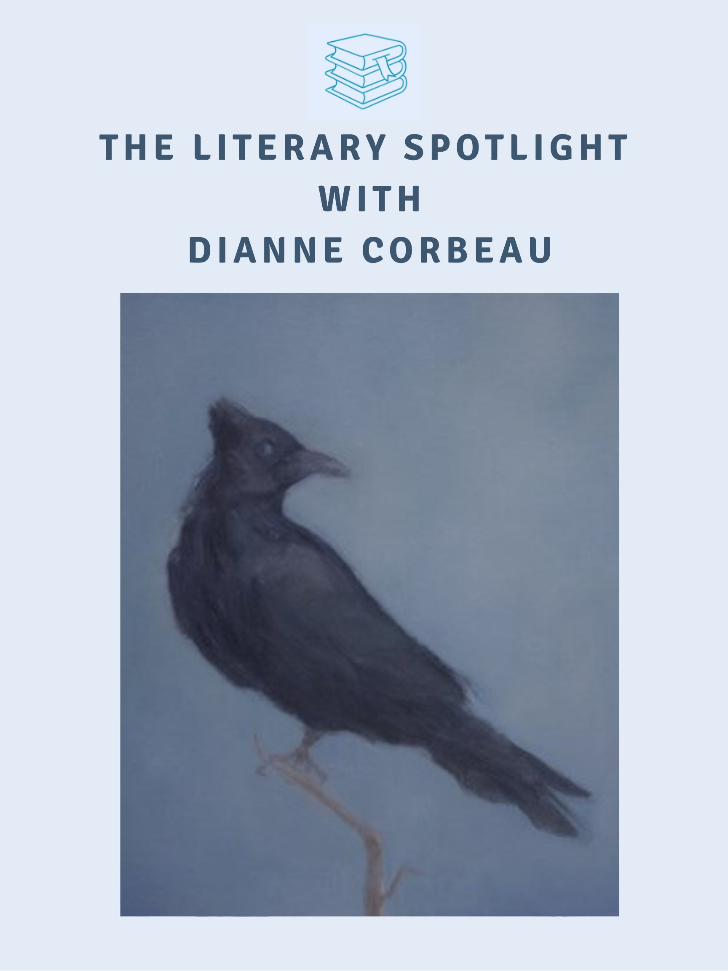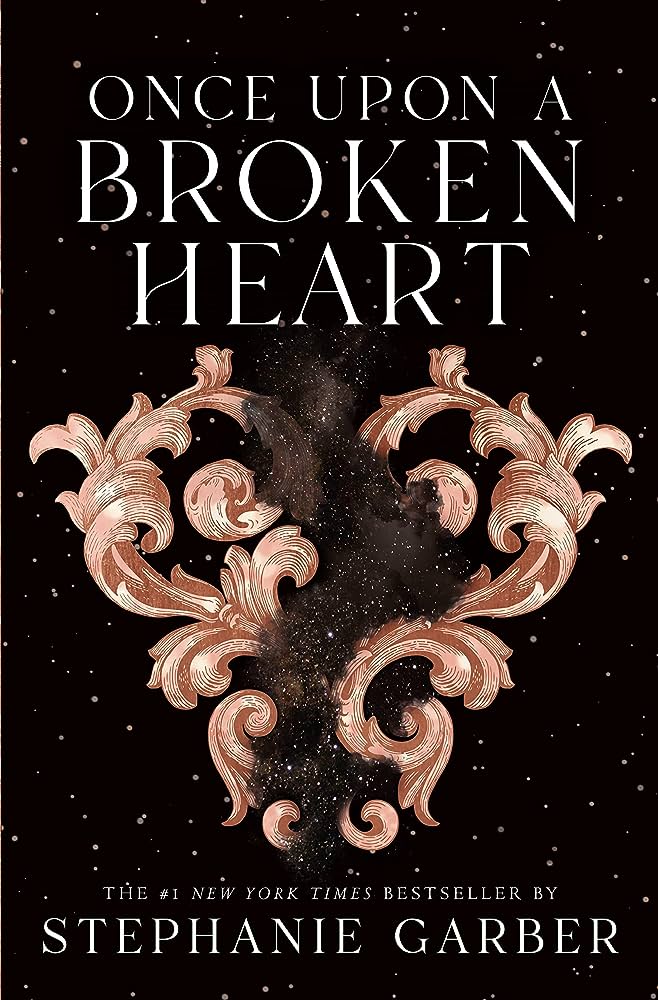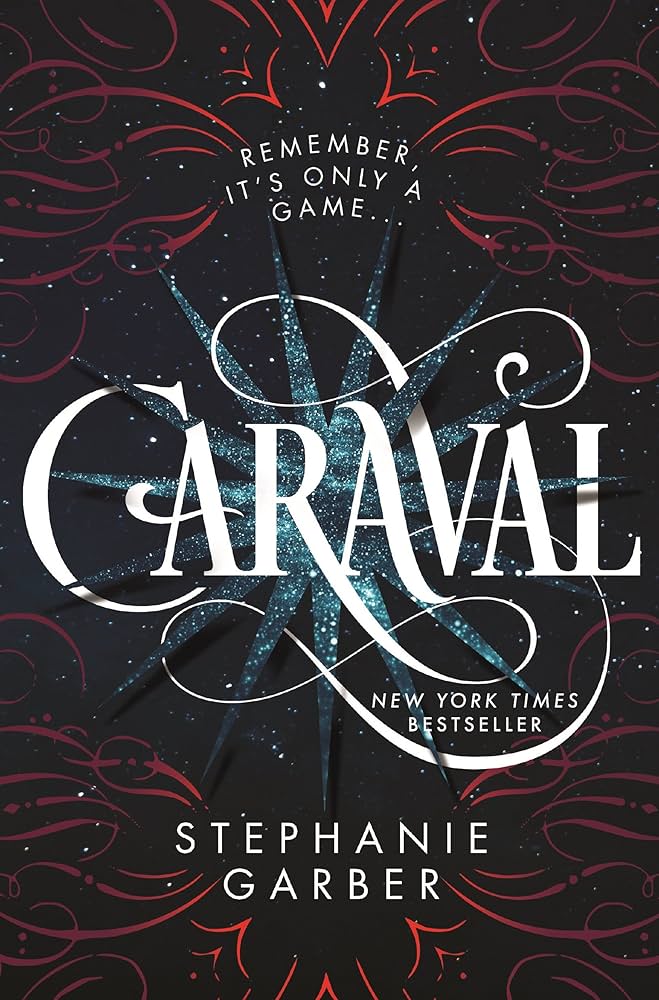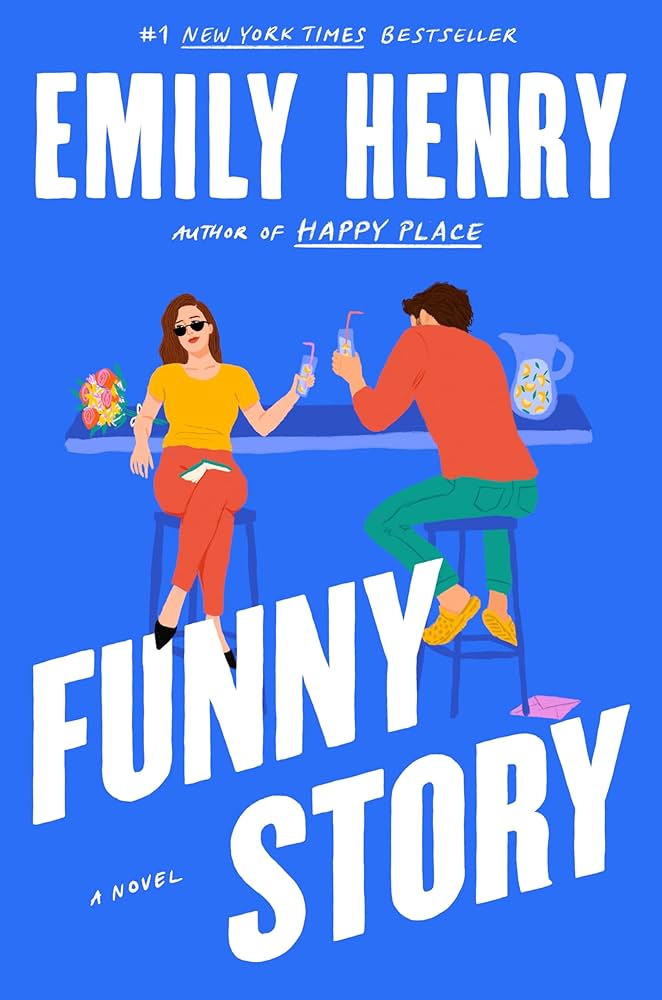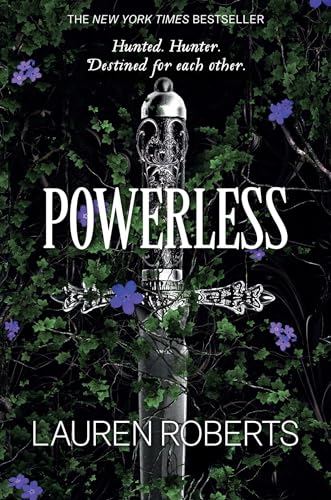I am thrilled to feature Dianne Corbeau in my interview series, “The Literary Spotlight,” where she graciously agreed to answer my questions and share her literary inspiration with the readers of my blog.
Dianne Corbeau is a talented artist and accomplished author known for her captivating novella and memoir titled “Six Days in a Detox.” Her artistic journey began in New York City at the age of sixteen, where she quickly made a name for herself in the art world. Dianne’s artwork was highly regarded, leading to representation by multiple prestigious galleries in Midtown and Chelsea. She honed her artistic skills at the renowned Pennsylvania Academy of the Fine Arts and was recognized for her talent with three grants from The Elizabeth Greenshields Foundation. Dianne resided in Philadelphia until 2010 and enjoyed a fruitful twelve-year partnership with the Artist’s House Gallery, which showcased her remarkable creations. Dianne’s artwork has been showcased internationally and across various locations in the United States, with her pieces exhibited in numerous galleries. Her remarkable talent has been acknowledged by renowned institutions such as the Chicago Museum of Art in Chicago, IL, the Copley Society of Art in Boston, MA, the State Street Gallery in Madison, WI, and Gallery H in Three Oaks, MI. With her artistic prowess and the profound storytelling showcased in her memoir and novella, Dianne Corbeau continues to captivate audiences and leave a lasting impression in both the visual arts and literary realms. Prepare to be enchanted as we delve into the mind of this extraordinary artist and author, as she shares her inspiration, challenges, and the journey behind her thought-provoking work.
Introduction:
C.A: Could you please introduce yourself and tell us a bit about your writing background? What inspired you to become a writer, and how did your writing journey begin?
Dianne: I am a published author who lives and works in Cape Cod. Since I was young, I have been writing and working as a professional artist and anatomy professor. I use my experience from the past and couple it with learning from the present lessons and present you with memorable stories about truth and self-reflection.
Creative Process:
C.A: Could you share a glimpse into your creative process? How do you approach developing ideas and turning them into stories? Do you have any specific rituals or habits that help you get into the writing zone?
Dianne: The ideas happen as I continue to live life and have experiences. I could be in the middle of
living my life, and an idea comes. Or writing every day. Through the act of writing, the ideas
become clearer. The one thing I do is write consistently. By showing up through the unknown journey writing takes me further where the ideas tend to happen.
Writing Influences:
C.A: Who are some of your favorite authors or literary influences, and how have they shaped your own writing style? Are there any books or works that have had a profound impact on your writing career?
Dianne: A big writing influence was Catcher in the Rye by J. D. Salinger. That is when I realized a
writer could have an individual voice and tempo to explain my story. It was a powerful
awakening for a young writer.
Overcoming Challenges:
C.A: What challenges have you faced as a writer, and how did you overcome them? How do you handle writer’s block or periods of self-doubt?
Dianne: As long as I have been writing, there have always been internal and external challenges.
Internally, when self-doubt arises, I continue to write through it. I listen to my inner voice, but the writer’s determination is stronger because I believe my experience could help another person. Externally, issues arise almost daily. I write through them because, in the end, I have my work.
Character Development:
C.A: How do you approach developing compelling and relatable characters in your stories? Are there any strategies or exercises you use to ensure your characters feel authentic and three-dimensional?
Dianne: The authenticity of an individual in my story relates to their basic truth and humble existence. If I can reach that part of a person or “character,” I can bring forth their authenticity and dimension as human beings, becoming relatable.
Creative Inspiration:
C.A: Where do you find inspiration for your stories? Are there any specific themes or topics you enjoy exploring in your writing?
Dianne: I find my inspiration from the observation of the core truth of the present experience. More inspiration is achieved and built into the story through research, study, and analysis of the experience and character development. Writing is true freedom and is a continued source of inspiration.
Personal Reflections:
C.A: Is there a particular book or project you are most proud of? Could you share the story behind it? What is the most rewarding aspect of being a writer for you?
Dianne: Currently, I am most proud of Six Days in Detox. It is my debut novella, and it took a certain type of fearlessness to tell that story. Individuals are connected to it, which is important because it is time for this book in society today. The connection is for anyone struggling with mental health and/or addiction issues and to their advocates. The advocates are the lifeline in this process. Sometimes it takes a village, and I wanted to bring my friend and advocate, Alexandar, out and tell his story. Within these connections, we can experience each other and hopefully grow from each other’s experiences.
Editing and Revision:
C.A: How important do you think the editing and revision process is for a writer? Could you share your approach to editing your own work? Do you have any suggestions for writers on how to improve their editing skills?
Dianne: The editing and revision process is an important process to take into account while writing. During this process, I challenge my ideas, weigh the evidence I have included, and scrutinize my logic. Revision leads to better writing as I reflect on my composing practices, identify my strengths, and find ways to overcome my weaknesses.
Publishing and Marketing:
C.A: What has been your experience with the publishing industry? Any advice for aspiring authors on finding agents or publishers? How do you navigate the world of book marketing and promotion? Any tips for authors looking to build their audience?
Dianne: My experience with the publishing industry relates to my experience with Page Publishing. I went to the first with Six Days in Detox. My experience with them was good. I sent Page Publishing my book because of their page layout design and keeping the writer’s voice true. The marketing has been slow and steady. I have met many individuals, such as Cyra, who I would have never met otherwise. It has been an interesting journey, and I feel that I am at the beginning of something important with the marketing process currently.
Advice for Budding Writers:
C.A: What advice would you give to aspiring authors who are just starting their writing journey? How do you handle rejection and criticism in the publishing world?
Dianne: My advice to aspiring writers is to write consistently. The more I write, the more I learn, and the more everything is revealed. It is when I am writing that I find my voice. As for the critiques, I enjoy fair criticism and look at it objectively. I understand that a person’s likes and dislikes are subjective, and everyone is entitled to their opinion.
Favorite Quote:
C.A: What’s your favorite quote that keeps you going in life?
Dianne: “Be true to yourself.”
Future Projects:
C.A: Could you give us a sneak peek into any upcoming projects or books you’re currently working on? Is there anything else you would like to share with our readers and aspiring writers?
Dianne: My upcoming book, 16 Stories About 16 Therapists, will be published later this year. It is
a humorous yet serious look into my journey of finding the right fit for a therapist. Backstories are interwoven throughout the book to bring the book into another dimension and tell the reader what is going on internally.
